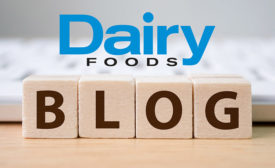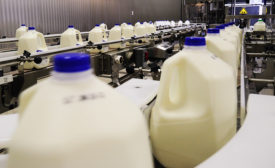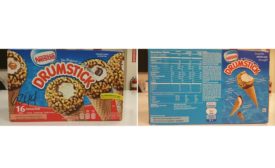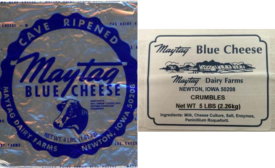Home » Keywords: » food recalls
Items Tagged with 'food recalls'
ARTICLES
One misstep in outbreak or recall management has the potential shift consumer loyalty from your products to a competitor’s.
Read More
Environmental monitoring helps prevent food recalls
An effective environmental monitoring program can help dairy processors prevent pathogen-related food recalls.
April 26, 2019
Take a proactive approach to reduce recall risks
By putting the right programs and procedures in place, dairy facilities could help prevent cross-contact and contamination that lead to costly recalls.
March 14, 2018
Food safety
Nestle recalls Drumstick cones after Listeria found on equipment
There have been no positive test results for Listeria monocytogenes present in Nestle's cones themselves.
October 8, 2016
Food safety
Whole Foods recalls Maytag raw milk blue cheese
The Iowa Department of Agriculture discovered possible contamination by Listeria monocytogenes. No reported illnesses have been linked to the product.
March 1, 2016
FDA calls foodborne diseases ’largely preventable’. So what are you doing about it?
April was the cruelest month for food manufacturers
May 11, 2015
Stay ahead of the curve. Unlock a dose of cutting-edge insights.
Receive our premium content directly to your inbox.
SIGN-UP TODAYCopyright ©2025. All Rights Reserved BNP Media.
Design, CMS, Hosting & Web Development :: ePublishing









